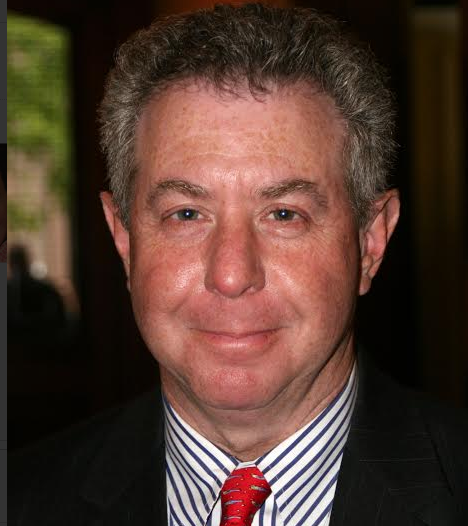Pro Bono Barrister: 50 Hours of pro bono? Lawyer donations publicized?

Screen Shot 2014-03-24 at 10.00.52 AM.png
Few issues have rankled so broadly throughout the legal fraternity in New York state as the proposal that practicing barristers must perform 50 hours of pro bono service to the indigent and should contribute financially to worthwhile legal services organizations.
Oh, I needn’t remind readers that the ultimate goal of Chief Judge Jon Lippman is to make the amount of lawyers’ contributions a matter of public record, and available to anyone who cares to look!
The most polite lawyer I know thought these requirements could be “onerous and embarrassing and even worse!”